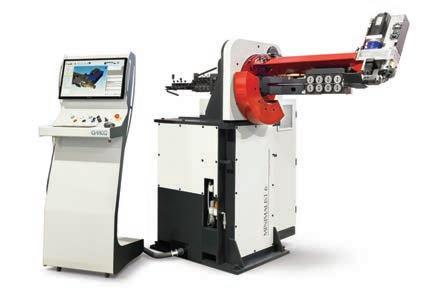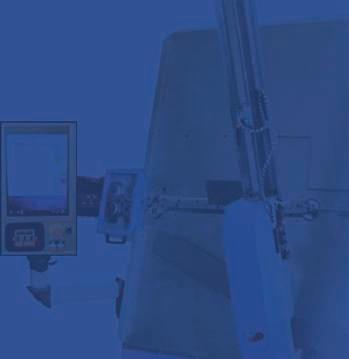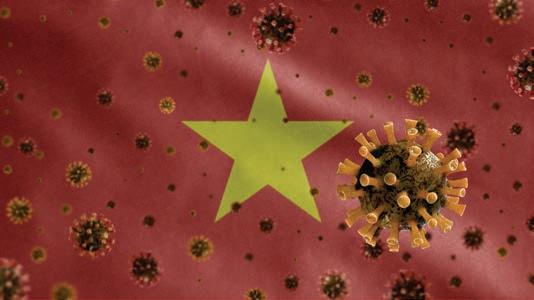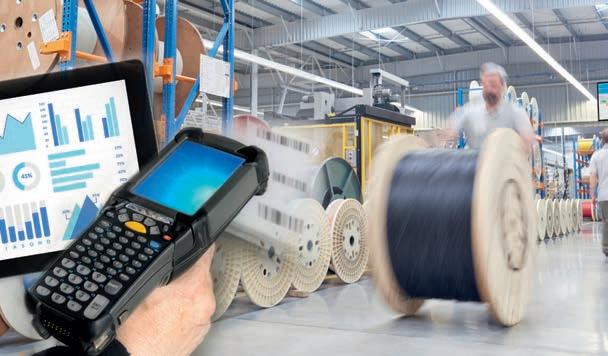ASIAN FOCUS
Vietnam, once seemingly immune, is in major Covid 19 battle The headline in the Asian Focus section of the June 2020 WJI issue was “Vietnam: a big winner in Covid-19 battle.” It noted that as of May 13, 2020, Vietnam’s number of Covid-19 confirmed patients was 288, with 252 recovered and no deaths. Vietnam had instituted rigorous quarantine policies, and carried out complete tracing of all people who came in contact with the virus. The country took immediate action. On Feb. 12, 2020, Vietnam put an entire town of 10,000, near Hanoi, under quarantine for three weeks. At the time, there were only 10 confirmed Covid-19 cases in the entire country. Vietnam was admired and envied by many other countries. Fast forward to 2021, and the story for Vietnam has greatly changed. Per multiple news reports, including Reuters, it is in a major battle, and the country is under siege. There had not been double-digit reported deaths until July 18, 2021, but in August 2021 those numbers soared to more than 300 a day. Total cases jumped from just a few thousand in late April to 480,000, with more than 12,000 deaths. Ho Chi Minh City was the worst hit, with 13,197 infections and 271 fatalities reported for a single day. Just 2.9% of Vietnam’s population has been inoculated, while its fatality rate of 2.5% is higher than the global rate of 2.1%, according to the health ministry. The impact of Covid-19 has extended to businesses, especially those that are labor-intensive. That led to suppliers for brands like Nike and Adidas suspending operations. Vietnam’s industrial output in August fell 7.4% from a year earlier, while its exports dropped 5.4%. Retail sales of goods and services plunged 33.7%, according to official figures. Per a report in The Diplomat, it could be that the society fell into complacency after Vietnam’s initial success. Amazingly, despite fears of a greater economic fallout, Vietnam was the only economy in all of Southeast Asia that experienced positive economic growth in 2020. One reason for the turnaround was that the methods that had contained the original virus were not adequate for the newly emergent Delta variant. Vaccine imports did not occur at the needed pace, due in part to a belief in the development of a home-grown vaccine (which has yet to be distributed). Furthermore, hospitals’ capacity to isolate and treat all cases has been paralyzed by higher-priority severe
30
W I R E J O U R N A L I N T E R N AT I O N A L O C T O B E R 2 0 2 1
cases, a trend observed in almost all countries experiencing the recent case spike. What caused this reversal? No doubt Vietnam has been a victim of its own success. With such low rates of infection, it simply did not pursue vaccines with any urgency. It did contract for supplies of vaccines, but did so relatively late to the game, and far back in the queue. Spurred by these fresh outbreaks, by early June, the government had contracted for 31 million doses of Pfizer’s vaccine by the end of the year; 38.9 million doses of AstraZeneca from COVAX, plus 30 million in a corporate purchase; and reached a purchase agreement for 50-150 million doses of Russia’s Sputnik V. In addition, Vietnam is in talks with Taiwan’s Medigen for 3-10 million doses and with Moderna for an unspecified number of doses. In all, Vietnam has secured over 170 million doses, enough to achieve herd immunity. It’s just that they will not be delivered until the end of 2021 or early 2022. For this reason, the government has now authorized the Sinopharm vaccine from China, and is now under pressure to begin imports immediately, despite a potential nationalist backlash and the overall suspicion of the Vietnamese public. Part of Vietnam’s failure to ink deals was its own interest in developing indigenous vaccines. Vietnam currently has four different indigenous vaccines under development: Nanogen, Vabiotech, Polyvac, and the Institute of Vaccines and Medical Biologicals (IVAC). They are behind in phase two and three testing as there were few cases in the country with which to conduct clinical trials, and none of the firms had much experience in doing trials in other countries. While there was a clear interest in using the pandemic to jump start the biotech sector, a much better course of action would have been having one or two of the pharmaceutical firms license production of one of the mRNA vaccines. For example, a firm in Thailand owned by the King, with no experience in vaccine production, is producing AstraZeneca’s vaccine, and is already behind in production, affecting not just Thailand, but also Malaysia and the Philippines. This is a space that Vietnam should have filled, especially as its economy was running effectively when so much of the world was in lockdown. Vietnam is now trying to fill this space, but it is late to the game. In June 2021, the Ministry of Health reached out to
W W W. W I R E N E T. O R G














